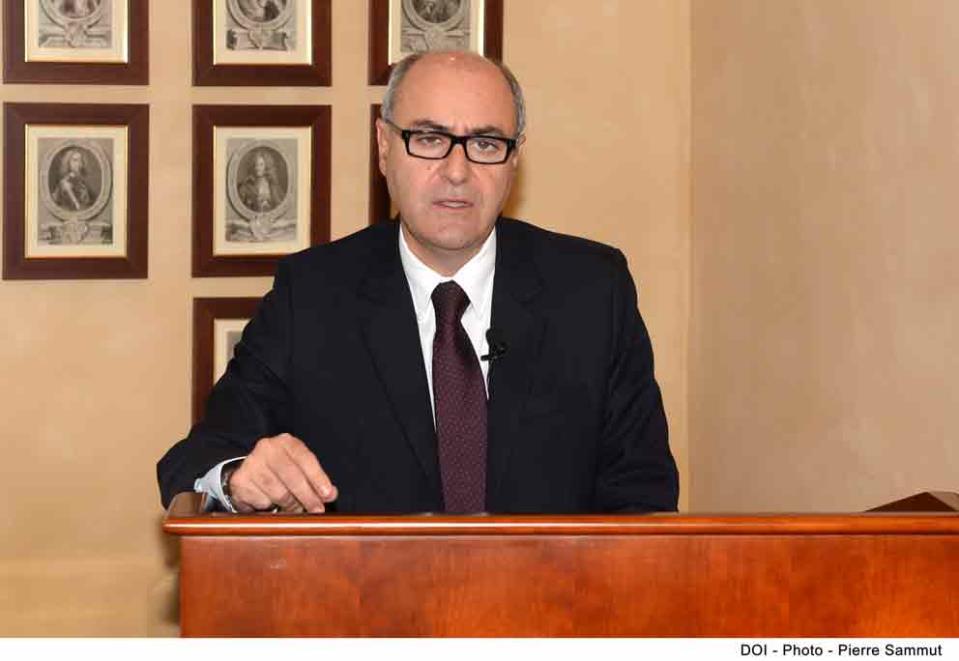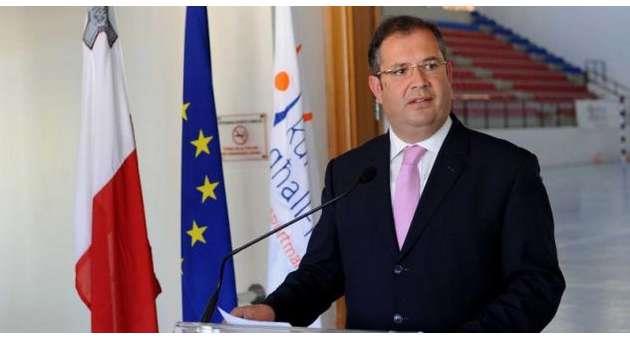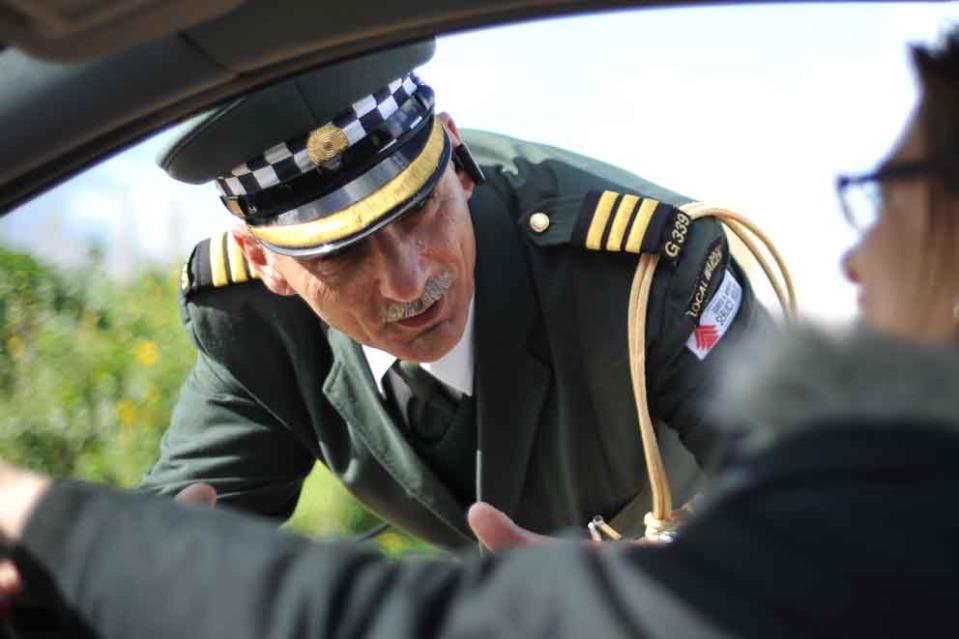Plans for local wardens to be transferred from private companies to a centralised government unit, as proposed in the White Paper on the Local Wardens Reform, have been scrapped, The Malta Independent on Sunday has learnt.
A reliable source told this paper that the government has decided not to forge ahead with the plan and has instead decided to choose a private company to run the Local Enforcement System under the direction of a government appointed committee.
This change of heart has infuriated wardens, who had believed that they would be transferred to the public sector, as often hinted during the reform debate.

The White Paper on the Local Wardens Reform was published in February 2014, when Parliamentary Secretary Jose Herrera (photo above) was still responsible for local council affairs. The portfolio has since been transferred to Parliamentary Secretary Stefan Buontempo (photo below).
Currently, the five Regional Committees grouping local councils together contract private companies for warden services.
The White Paper had proposed setting up a centralized government unit that will manage the Local Enforcement System. This would mean that local wardens would no longer be employed by the private companies and would not be involved in the operation of the Local Enforcement System. Local wardens who were interested could undergo training and be employed by the unit. The proposals would have undoubtedly had a negative impact on the existing private warden companies.

The White Paper proposed empowering the Local Enforcement System Management Committee to appoint a Local Enforcement System Unit to enforce the laws delegated by the Regional Committees.
It says: "This committee should be given all the necessary human and financial resources to be able to manage the new local enforcement system. The Management Committee has to see that the unit works in an independent manner and on the needs of the regional committees. Although this unit should have absolute control over the system is also has to coordinate and implement Local Enforcement in line with the policies issued by the LESMC. The Unit would be led by someone with experience in the sector and local wardens would be given training. Those who so wished and who reached the required level would be employed with the unit. It would also operate from a central building and have its own IT system. The balance of funds would be distributed equally between the five regional committees."
The move was always interpreted as meaning the nationalisation of local wardens, who would be transferred to the public sector after they had been trained. Dr Herrera himself had confirmed in an interview with The Malta Independent on Sunday that the government intended to nationalize local wardens in a bid to overhaul system in which private employers profit while the intended recipients of revenue from fines - the local councils - are left with practically nothing.

The reasoning behind the proposed changes was the Local Enforcement "racket" which Prime Minister Joseph Muscat promised to take on in 2011, when he was still Opposition leader.
Dr Herrera had explained last year that the Local Enforcement System had entered a vicious circle where most of the money collected from fines would go to the private companies providing the wardens and monitoring the speed cameras. However, because local councils were struggling to collect all the fines, they would instruct the wardens to issue more tickets. If not enough money was collected, the private companies could not be paid and the whole system would fail.
The setting up the new unit, and the subsequent transfer of wardens to it, would also serve other purposes, including the retraining of wardens to become more community-friendly. The idea was to give them a more educational role while they would also act as environmental guardians. The change would also give them better working conditions - some of them were working in conditions which could be defined as precarious.
Dr Herrera said the new unit would have absolute control over the system and would be responsible for local wardens and the administrative staff. He told wardens that they need not worry about losing their jobs but would receive training before being employed by the new unit. They were also promised recognition.
For some reason, the government has changed tack, with sources insisting that it has bowed down to pressure from the private companies. It is understood that wardens are furious about this decision, which has seemingly been taken after Parliamentary Secretary Stefan Buontempo assumed responsibility of the sector.
Questions sent to Dr Buontempo remained unanswered by the time of going to print.